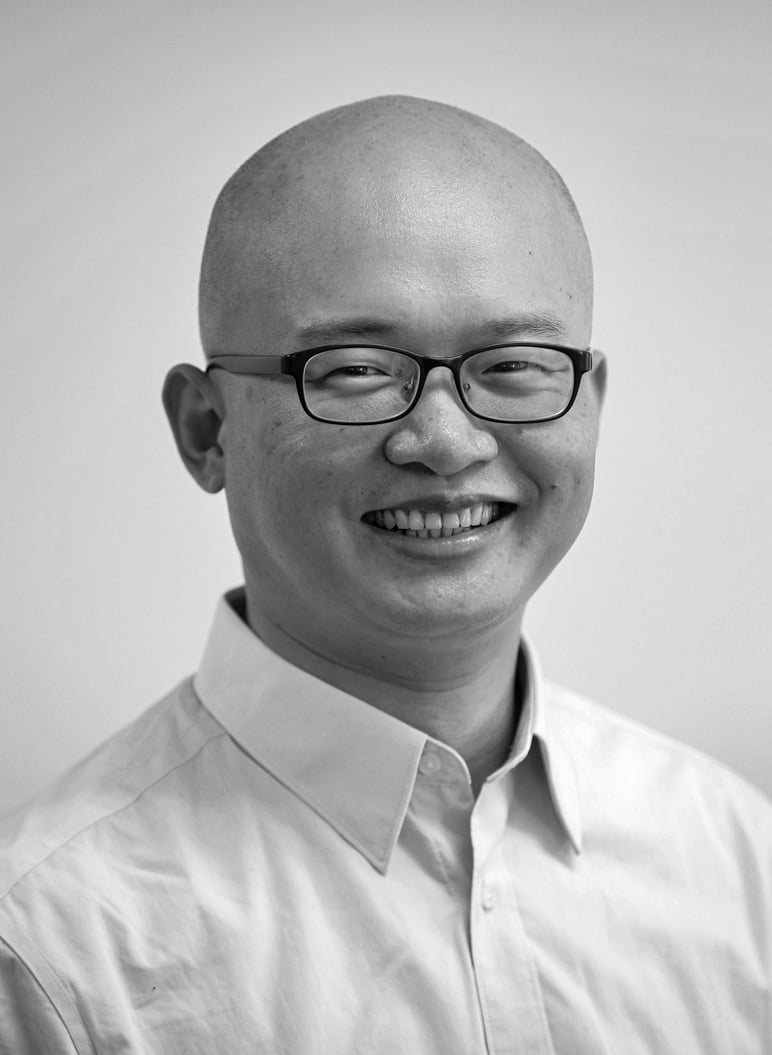
China’s common prosperity push is long overdue, but the rich don’t need to worry about their wealth
- Xi Jinping’s rhetoric on common prosperity, which calls for the people to share in the opportunity to be wealthy, has surged this year
- Notion of common prosperity dates back to the 1950s and Mao Zedong, before fellow former leader Deng Xiaoping repeatedly mentioned the idea in the 1980s
Beijing’s push for so-called common prosperity has fanned concerns whether China’s own Gilded Age of massive wealth creation is coming to end.
While it is probably true that money cannot have its way like it used to, it would be wrong to worry about a state-sanctioned wave of redistribution of wealth.
It is a Confucian ideal of a community shared by all, and while it has never really been achieved, it has never faded as a pursuit.
Common prosperity became an empty slogan in a country that has more billionaires than the United States
Mao Zedong tried to create an egalitarian society by eliminating private property, but this only made everyone poor.
Deng Xiaoping then unleashed China’s economic potential partly by telling people “to get rich is glorious”, but this created one of the world’s widest wealth gaps.
There is no wonder that Wall Street bankers feel China is more capitalist than the US. These comments are definitely not compliments for Beijing.
After China completed its goal of eradicating absolute poverty, it is quite a natural development for Beijing to look at overall income and wealth structure.
Secondly, China’s pursuit is through high quality growth, instead of a class struggle. In other words, it is not targeting the rich, but placing a priority on helping low-income groups.
One particular concern is whether the government will force the rich to hand out wealth by encouraging so-called third distribution or charity, but such a worry is unnecessary.
The outcome of China’s common prosperity will decide whether the country’s economic growth can be put on a sustainable track
It will also be achieved through institutional arrangements instead of campaigns, and tax could play an important part. China’s current tax regime is, roughly speaking, a friend of Big Tech and the rich, but not a friend of wage-earners and small businesses, and this must change.
More importantly, it is a whole-society project instead of pure economic policy, although the common prosperity push has far-reaching implications for China’s economic prospects.
The outcome of China’s common prosperity will decide whether the country’s economic growth can be put on a sustainable track.

